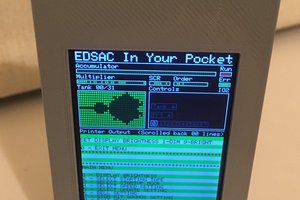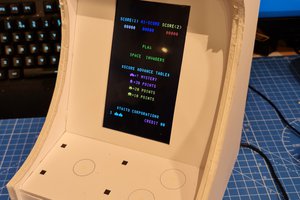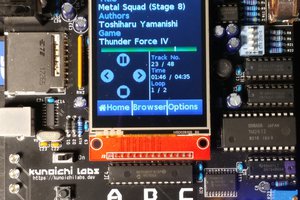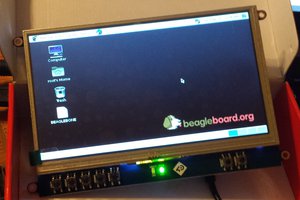One of the great aspects of this project is the degree of modularity -- since every piece of hardware involved is some sort of 'break out' unit, as things develop and improvements are released, individual components can be replaced. So, for instance, if/when Hard Kernel releases an updated version of the C1 (C2?), it can be easily slipped in, to upgrade the main unit in the tablet. It will be noticeably thicker than a normal tablet, but this benefit offsets any concerns I have about thickness.
NP1: The Homebrewed, Linux Based Tablet
An Odroid C1 powered, Linux based, (somewhat) open source, fully featured tablet.
 M4tt0ck
M4tt0ck


 David Boucher
David Boucher

 natalie
natalie
 gmccauley
gmccauley
NP1: The Homebrewed, Linux Based Tablet is a DIY tablet that runs Arch Linux with XFCE. You can learn more about tablets here
https://gizglobe.com/tablets-pc/